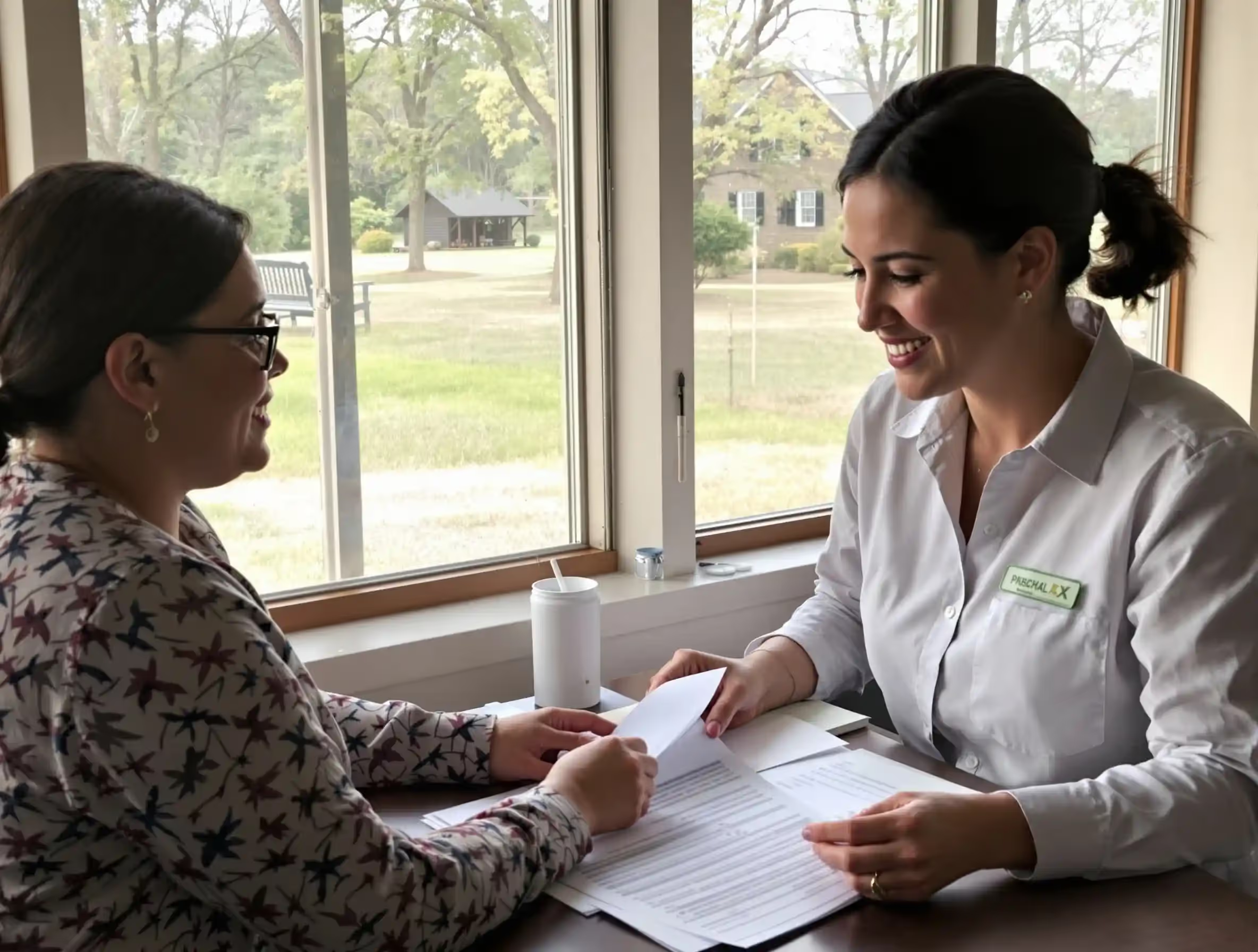NEWS



The Internal Revenue Service is expanding tax filing assistance for rural areas during the 2025 filing season. This marks the most significant investment in free tax help in decades and is supported by funding from the Inflation Reduction Act. The initiative provides more in-person services, enhanced digital options, and expanded community partnerships to ensure that taxpayers nationwide can file their federal tax returns on time and claim available credits.
The IRS announced $53 million in new grants in December 2024 to strengthen the Volunteer Income Tax Assistance and Tax Counseling for the Elderly programs. This funding will support hundreds of community organizations that deliver free tax prep and counseling, especially in rural communities where access has been limited.
The income tax assistance VITA program has operated for more than 50 years. It offers free tax services to individuals who generally earn $67,000 or less, as well as to persons with disabilities and limited English-speaking taxpayers. For the 2025 season, 315 organizations nationwide will operate VITA sites. IRS-certified volunteers assist eligible taxpayers in preparing and filing their own tax returns, providing electronic filing, refund support, and guidance on benefits such as the Earned Income Tax Credit and the Child Tax Credit.
The TCE programs were created in 1978 to provide counseling for the elderly. These services focus on taxpayers aged 60 and older, many of whom face complex retirement-related issues such as pensions, Social Security income, and required distributions. Elderly TCE programs rely on trained volunteers to help seniors complete and submit their federal tax return and, when needed, state returns. The program helps older taxpayers determine eligibility for specific credits and avoid unpaid taxes or penalties.
The IRS has expanded its Community Assistance Visits to serve towns located far from IRS offices. These events bring IRS employees directly to rural communities where access to a tax preparer or tax professional is limited. In 2024, visits were held in Roma, Texas; Humboldt, Iowa; Hazlehurst, Georgia; and Orocovis, Puerto Rico. Additional visits are scheduled in 2025 for Alabama, Kansas, Missouri, Washington, Alaska, and New York.
Alongside in-person assistance, the IRS is expanding digital services. The Direct File program, first introduced in 2024, is now available in 25 states. It allows qualified individuals to file electronically, calculate their tax liability, and arrange for direct deposit of refunds at no cost. This free tax option enables more taxpayers to complete their own taxes online securely.
The IRS has introduced 67 mobile-friendly forms, allowing individual filers to prepare, save, and submit their tax returns directly from a smartphone or tablet. Expanded IRS Online Accounts now allow taxpayers to check balances, request an extension, track refunds, and determine whether they owe taxes. The system uses a locked padlock icon to signify secure access and protect taxpayer data.
These updates mean taxpayers can review payments, estimate their tax liability, and file electronically without relying on paper forms. For those with unpaid taxes, the IRS requires payment arrangements, which can also be set up through online accounts.
Taxpayer demand for assistance is increasing. Nearly 1.3 million people visited IRS Taxpayer Assistance Centers in 2024, representing a 37 percent increase from the previous year. Volunteer sites prepared 2.7 million federal tax returns, representing a rise of more than 9 percent. Millions of taxpayers now rely on free tax prep, whether through VITA, TCE, or IRS employees at in-person events.
Community groups such as United Way often partner with VITA to provide services to qualified individuals. United Way programs emphasize that free tax assistance enables low-income households to access refunds and tax credits, thereby putting more dollars back into local communities.
For many taxpayers in rural areas, reaching IRS services has historically required a long travel. This lack of local access often prevented individuals from preparing their own taxes, filing state returns, or claiming benefits such as the Earned Income Tax Credit and the Child Tax Credit. Budget cuts in previous years reduced staff and office availability, leaving rural taxpayers underserved.
The Inflation Reduction Act has reversed that trend. Sustained funding now supports grants, expanded digital services, and outreach events. IRS officials describe this expansion as part of a multi-year plan to modernize operations and provide reliable tax assistance across the country.
IRS Commissioner Danny Werfel described the initiative as a critical step forward. “Funding from the Inflation Reduction Act is helping spur innovation and improvement across the IRS to transform our operations in our work to help taxpayers and the nation,” Werfel said.
According to IRS program objectives, “The VITA grant program aims to grow services across the country, with particular focus on extending services to underserved populations in hardest-to-reach areas, both urban and non-urban.”
Community leaders in states like Iowa and Georgia said bringing IRS employees directly into towns makes it easier for residents to file taxes and claim credits. Partners noted that IRS-certified volunteers provide essential free tax services that reduce penalties, prevent unpaid taxes, and increase refunds. The Taxpayer Advocate Service has also highlighted rural outreach as a priority, emphasizing that improved services enable taxpayers to pay what they owe while accessing benefits for which they qualify.
The 2025 filing season began on January 27, 2025. The deadline to submit a federal tax return is April 15, 2025. Taxpayers who need additional time may submit an extension request through the IRS website at IRS.gov.
Taxpayers have multiple free tax help choices this year. VITA sites help low-income households prepare their returns and file electronically. TCE programs support elderly taxpayers with retirement-related counseling. Direct File provides a no-cost online option for individual filers in 25 states. Community Assistance Visits bring IRS employees directly into rural areas.
Taxpayers can locate free services using the VITA/TCE Locator Tool or by calling 800-906-9887. AARP Tax-Aide, which operates under the TCE network, also provides a site locator for elderly taxpayers. Filing early helps taxpayers determine tax liability, make payments, and secure refunds through direct deposit.
By William Mc Lee, Editor-in-Chief & Tax Expert—Get Tax Relief Now